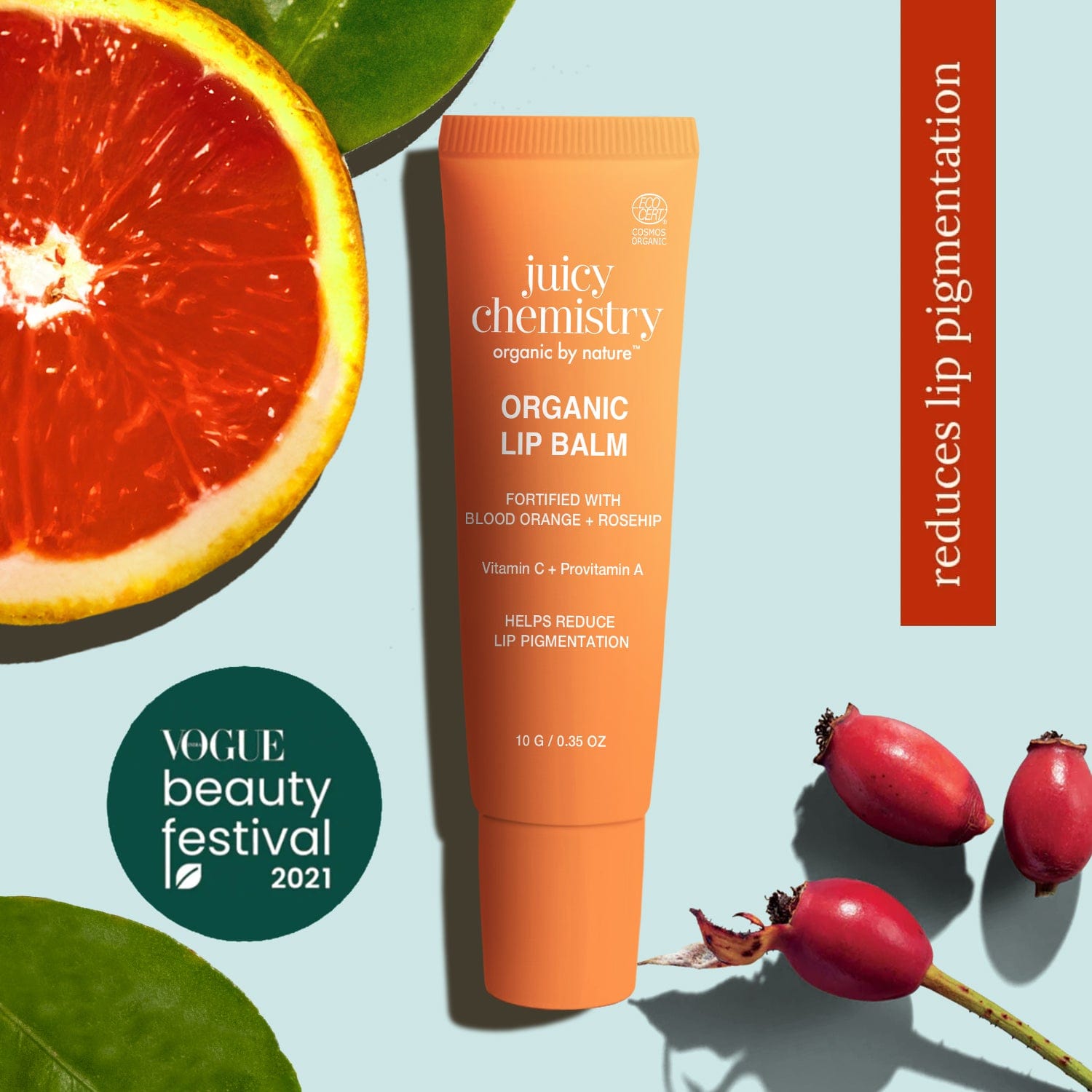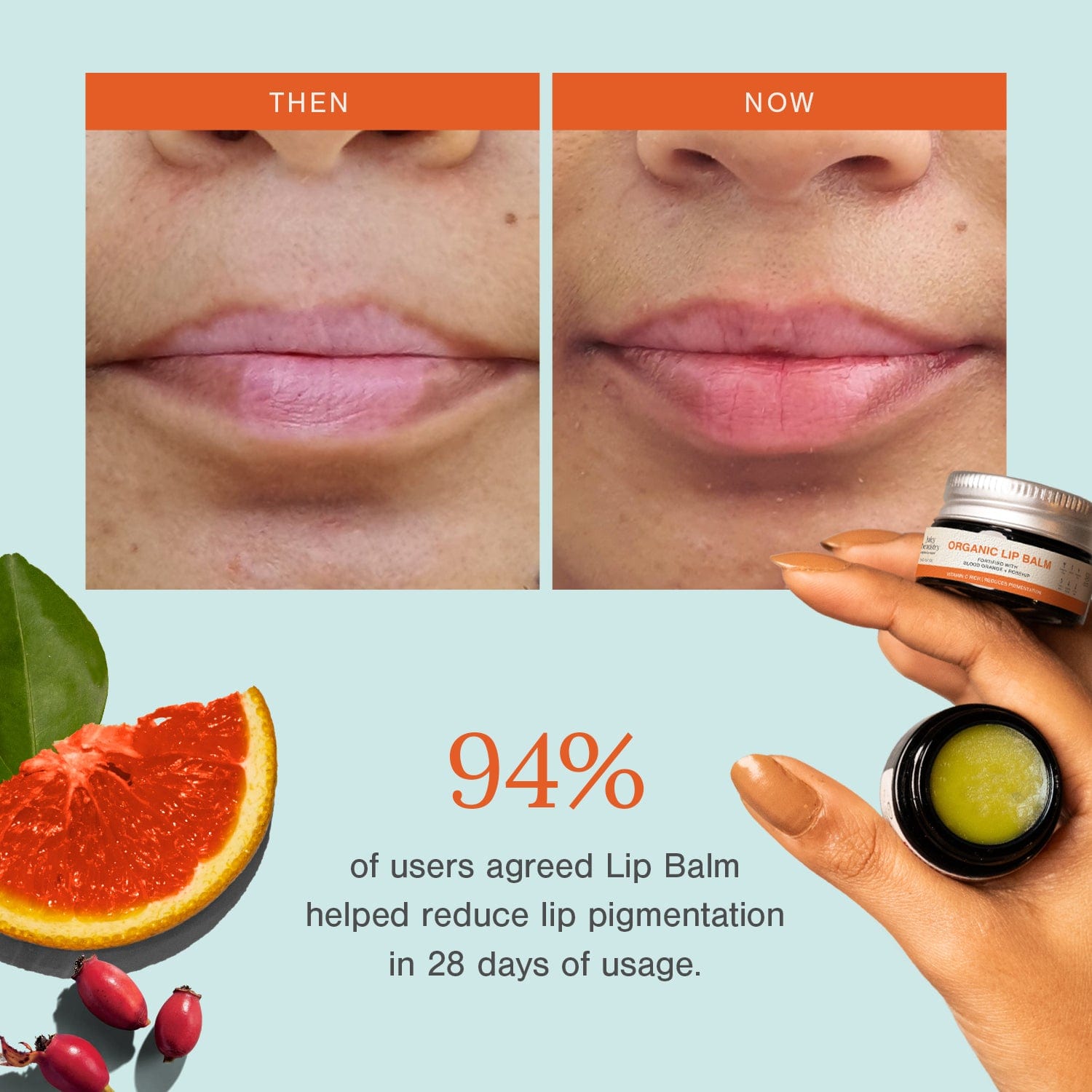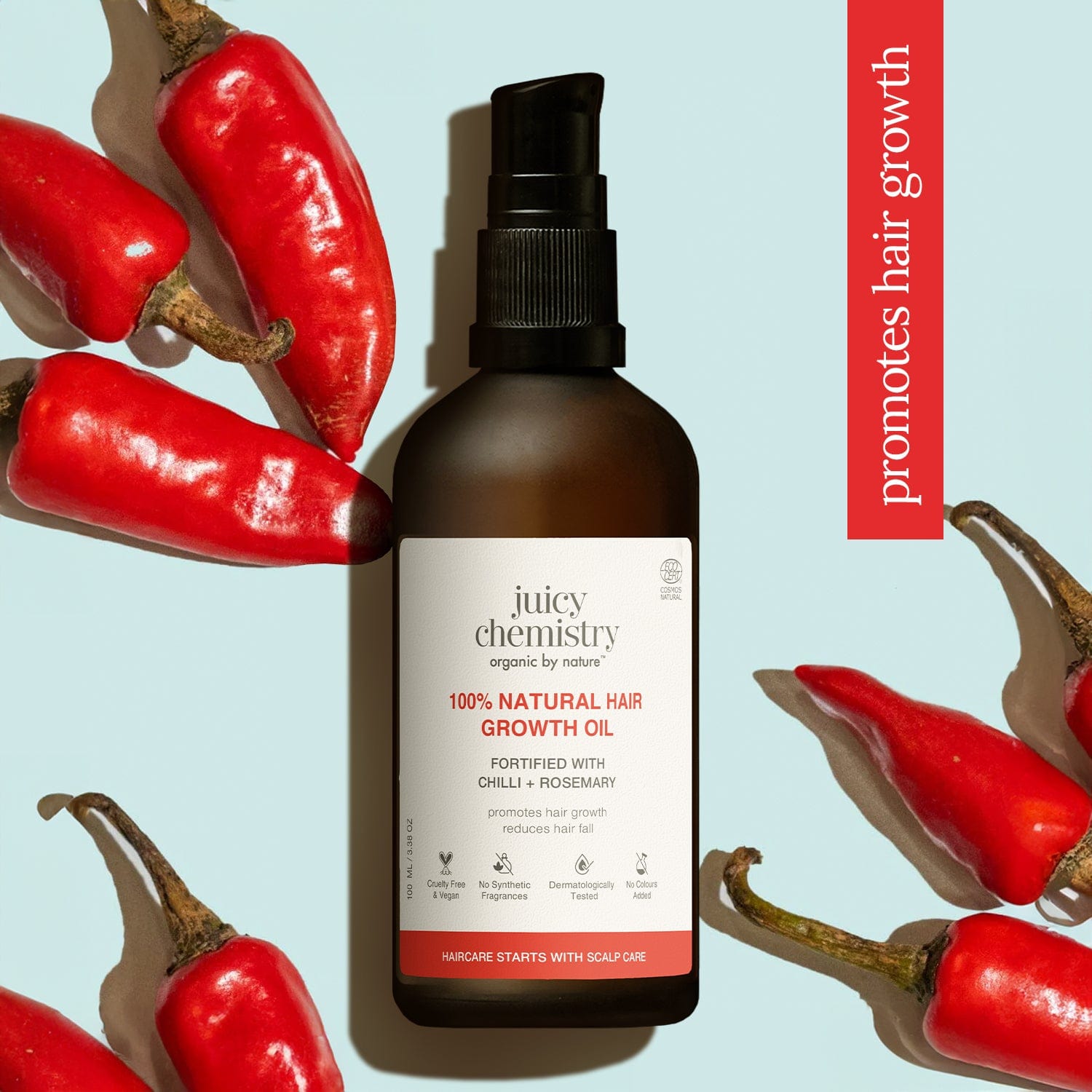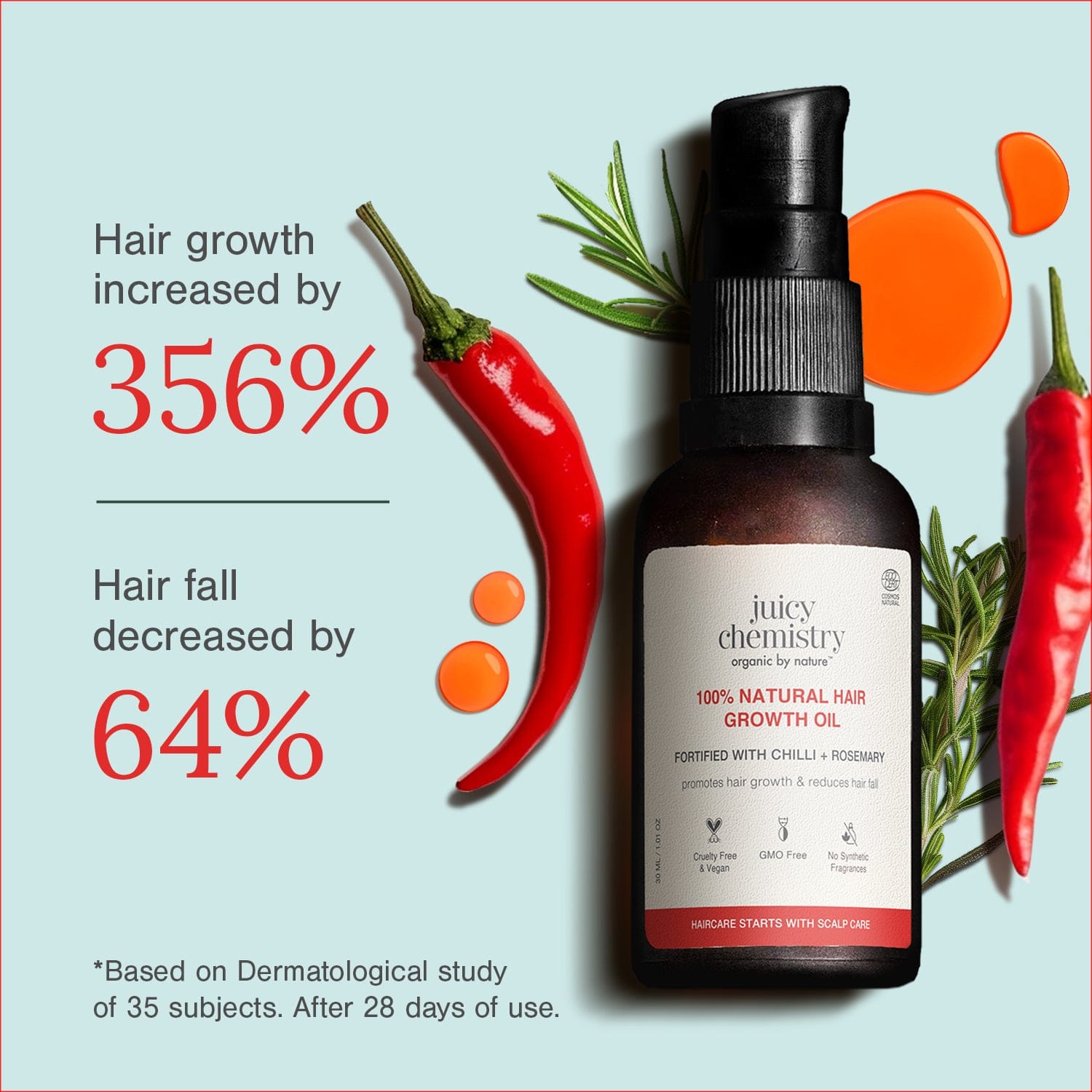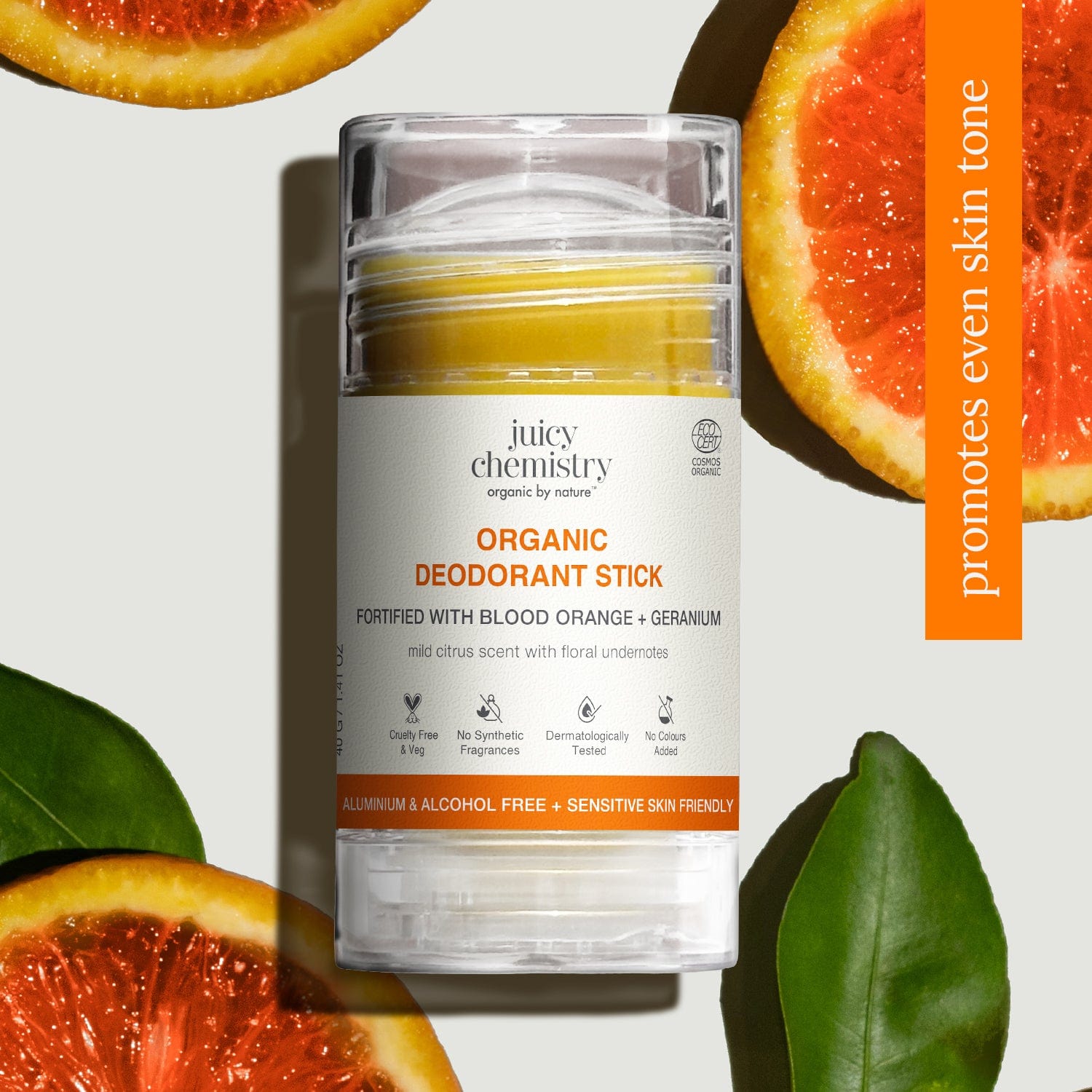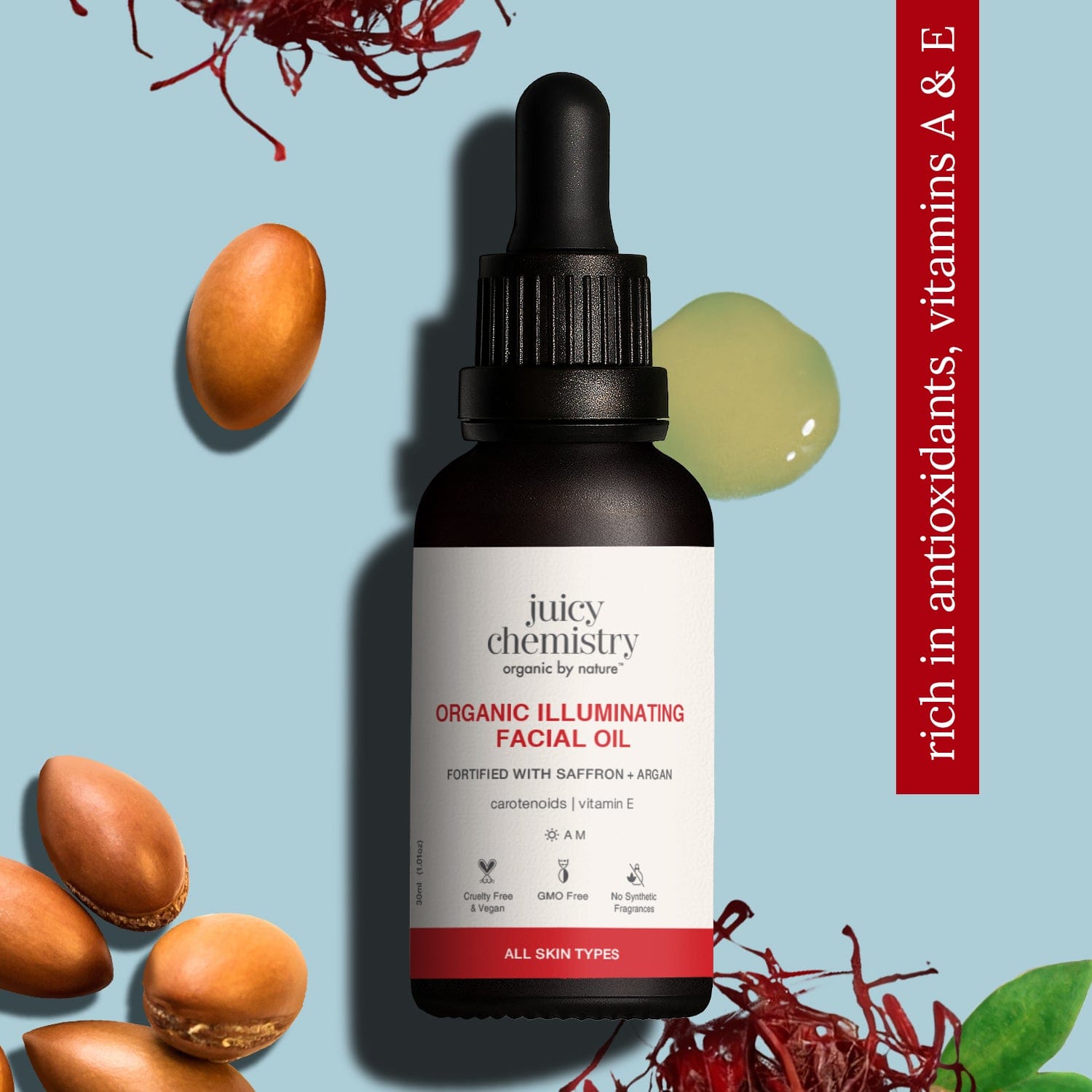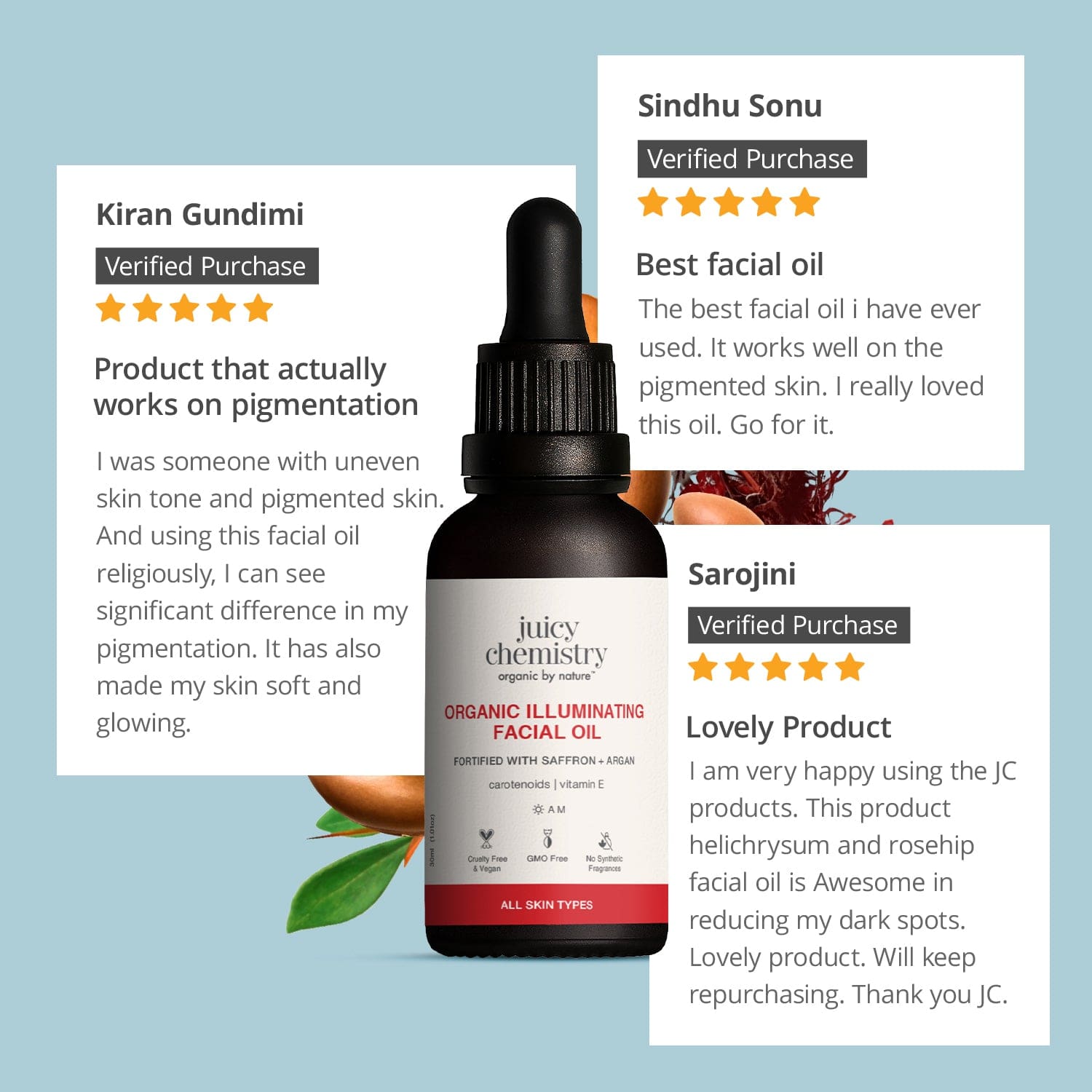Say ‘Olive You Very Much’ to Your skin!
January 21, 20227 Advantages of Applying Olive Oil on Your Skin
Olive oil is derived from the fruits of the olive tree and comes in several varieties, including extra virgin olive oil, virgin olive oil, and refined olive oil. Cold-pressed olive oil is a rich source of oleic acid, phenolic compounds, and squalene, all of which offer numerous benefits for your skin.
Benefits of Olive Oil for Facial Care
Organic olive oil is suitable for all skin types, particularly beneficial for dry skin. It acts as a natural moisturizer, providing anti-aging properties while also soothing inflammation. Let’s explore the skin-specific advantages of cold-pressed olive oil.
Rich in Antioxidants
Cold-pressed olive oil contains antioxidants like vitamin E and squalene that help protect the skin from damage and mitigate the effects of free radicals on healthy skin cells.
Alleviates Inflammation
Pure olive oil is packed with phenolic compounds that exhibit anti-inflammatory properties. Organic olive oil is particularly effective for dry and flaky skin. When applied topically, it aids in calming inflammation and supports the healing of wounds.
Hydrates the Skin
Cold-pressed olive oil leaves your skin feeling soft and supple. With its high content of fatty acids, vitamin E, and squalene, olive oil serves as an excellent facial oil. It penetrates deeply into the skin, delivering essential nourishment and hydration.
Enhances Skin Barrier
Research shows that olive oil can improve the skin's barrier function. The deep moisturizing properties of cold-pressed olive oil assist in repairing the skin barrier. Symptoms like itching and inflammation, which indicate a compromised barrier, can be alleviated through regular topical application of organic olive oil.
Slows Down Aging
The antioxidants found in cold-pressed olive oil make it a powerful anti-aging ingredient. It helps combat environmental stressors that accelerate the aging process. Consistent use of organic olive oil can help prevent early signs of aging.
Treats Skin Conditions
Olive oil is a plant-derived source of squalene, which serves as both an antioxidant and an emollient. It is frequently utilized in the treatment of various skin conditions, including seborrheic dermatitis, acne, psoriasis, and atopic dermatitis.
Effectively Cleanses
Cold-pressed olive oil can function as a cleansing oil, effectively breaking down dirt and makeup. It leaves your skin barrier moisturized and revitalized.
How to Incorporate Olive Oil into Your Facial Care Routine?
The most effective way to use olive oil for your face is as a facial oil. Always perform a patch test before application, and avoid leaving it on overnight if your skin is prone to breakouts.
As a Moisturizer
Gently massage organic olive oil onto damp skin for a few minutes at night. Remove any excess oil with a soft, damp cloth before going to bed. In the morning, cleanse your face with a mild cleanser.
As a Sealant in Skincare
You can apply a few drops of organic olive oil to your skin as the final step in your skincare routine to lock in moisture.
As a Makeup Remover
To dissolve makeup, apply a few drops of organic olive oil to your skin. Wipe your face with a soft, damp cloth and follow up with a gentle foaming cleanser to eliminate any remaining residue.
As a Lip Oil
Applying a drop of organic olive oil to your lips can help soften them over time. Dab a drop of oil onto your lips and allow it to absorb for five minutes. Follow up with an organic lip balm to seal in moisture.
Juicy Chemistry Products Featuring Organic Olive Oil
-
Tamanu, Kakadu Plum & Frankincense Organic Face Wash is a formula rich in antioxidants that helps to even out your complexion, enhance skin texture, and restore its natural radiance.
-
Saffron, Marula & Ylang Ylang Organic Face Wash is a gentle, hydrating cleanser that combats dullness and encourages healthy skin aging. Explore Organic Face Cleansers by Juicy Chemistry
-
Tuscany Lemon & Green Tea Lip Balm is an organic lip moisturizer that helps reduce lip tanning and nourishes dry, chapped lips.
Common Questions
Is it safe to apply olive oil on your face?
Olive oil is best suited for dry or normal skin types. If you have oily or acne-prone skin, consider using it as a mask. Apply a few drops of olive oil to your skin for a few minutes, then wipe it off with a damp washcloth.
Which type of olive oil is best for my skin?
Extra virgin olive oil is the most beneficial for your skin, as it is more nutrient-rich compared to virgin or refined olive oil.
References

